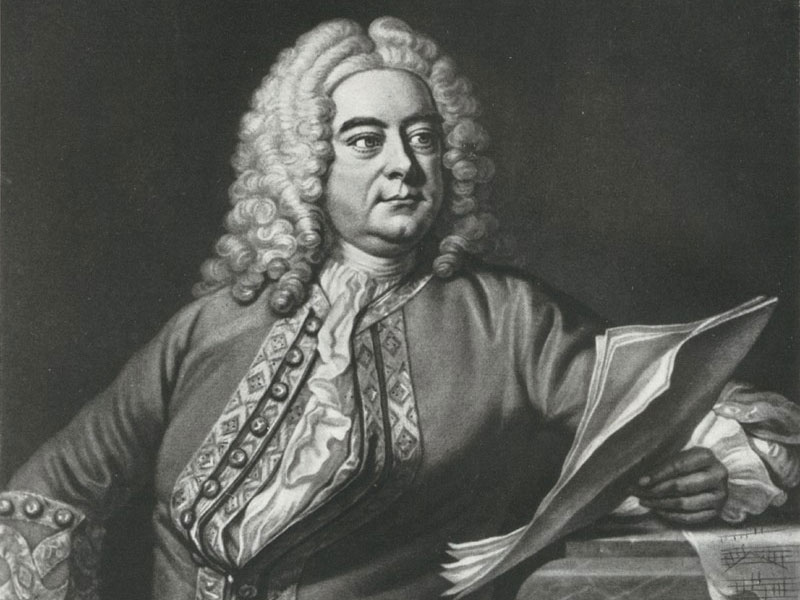From Georg Friedrich to George Frideric
Händel's miraculous migration
Händel's miraculous migration
In the early 18th century, London was the eldorado for musicians, offering fame and fortune to anyone who had something new or exclusive to boast. Foreign musicians were regarded as exotic, special and prestigious, and therefore very popular both with rich patrons and the general public.
As a result, London offered the highest wages for musicians in Europe, which prompted many an international star to flock to the United Kingdom.

In the midst of this musical migration wave, one man carried the banner: Georg Friedrich Händel. In the same year of his appointment as ‘Kapellmeister’ at the electoral court of prince George in Hanover - the largest city of the German state of Lower Saxony - Händel was invited to write an opera for London.
Up to that time, Italian operas had proved to be popular on London stages, but all of them had been arrangements of earlier works or pasticcios.
Now Händel was to compose the first one specifically for the London stage: Rinaldo, which premiered on 24 February 1711. By then, Handel had already left a favorable impression with the Londoners as his (now lost) Dialogue in Italian, in Her Majesty’s praise was performed at St James’s Palace on Queen Anne’s birthday just a few weeks earlier.
It soon became apparent to Händel that London was the place to be for the ambitious and enterprising musician. By 1717 he had settled permanently in England and in February 1727 he was naturalized by Act of Parliament. During his remaining 30 years, Händel composed c. 40 operas, from historical epics (Giulio Cesare) to mythological tales (Atalanta).
His audience was London's high society, which did not want to miss any of his creations, nor the rivalry between the divas he worked with. Sopranos Faustina Bordoni and Francesca Cuzzoni in particular were (in)famous for their fuming rows, which sometimes unfolded on stage, in front of the feasting crowd...
When it became more difficult for the nobility - for whom these operas were primarily intended - to finance the spectacles, the genre fell into decay. Now Händel shifted his focus toward the oratorio. The development of this genre in England can almost entirely be attributed to him, and he created its most well-known example as well: the epic choir oratorio The Messiah (1741).
From 1747 onward, Händel had his own oratorio series at Covent Garden, which ran during Lent when no plays or operas were allowed. In addition to a great deal of vocal music, Händel continued to produce new instrumental music in London, such as the Concerti grossi opus 6 and the Water Music, which ranks among his most popular pages.
Even though water is not the theme of these suites, it figures at the heart of their origin: the first performance took place on a boat on the river Thames, at the occasion of a royal trip from Whitehall to Chelsea.
In addition to theaters and palaces, London’s pleasure gardens too tucked into Händel's music, with the avant-premiere of Music for the Royal Fireworks (Vauxhall gardens) and the organ concertos (which were performed almost every day) as the absolute highlights.
Who would not wish to have been a musician (or a melomaniac) in Händel's London? A playing field for artists, a copious buffet with the most varied flavors, a sanctuary for geniuses and entrepreneurs... It might be true that Händel’s genius could have flourished at any time and in any place, but his visionary step towards life as a Londoner probably got him launched into stardom much quicker - and much higher - than any other scenario would have.

Portrait of Händel in impressive attire, holding a sheet of music entitled 'The Messiah - oratorio'.
This mid-19th-century lithographic print was created by Wilhelm Jab after a painting by Hermann Hammann. Stiftung Händel-Haus Halle CC BY-NC-SA